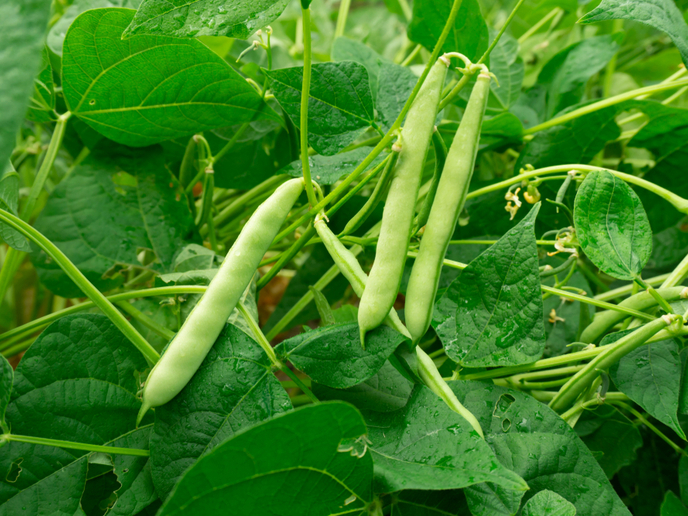Fish farming’s latest star
Tench have been cultivated through natural reproduction in Central and Eastern European ponds for over 500 years. However, a number of obstacles must be overcome before they can be successfully reared at an intensive level. The reproduction of tench can cause difficulties to managers of fish farms as the species’ narrow spawning season means that they are not available for market throughout the year. In addition, tench grow very slowly and are not mature enough to spawn until their fourth year. The ‘Intensive and sustainable culture of the freshwater species tencii’ (Protench) initiative was an EU-funded project that applied scientific knowledge to the development of an intensive system of aquaculture for the sustainable and continuous production of fry and adult fish. The methods employed took into consideration factors affecting the breeding, reproduction and feeding behaviour of tench. Project partners improved the short-term storage of gametes and specified optimal conditions for the insemination, fertilisation, incubation and hatching of fish. Researchers identified the species’ nutritional requirements for all production phases and developed a diet that would allow the fish to reach marketable size. Project partners also examined the best way to transport live fish and identified those target groups interested in promoting the cultivation and marketing of tench in order to increase its commercialisation. Results were disseminated to stakeholders through a series of activities, including meetings, conferences and the preparation of documents. The work conducted by the Protench team will help encourage the cost-effective cultivation of tench and increase interest from anglers and consumers alike.







